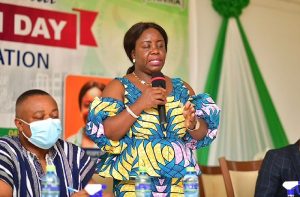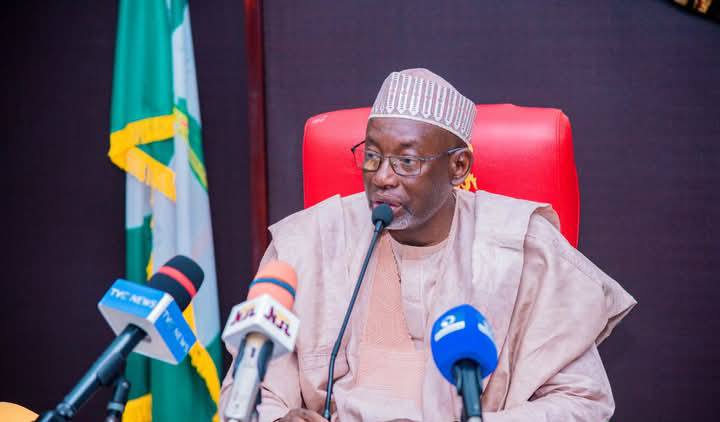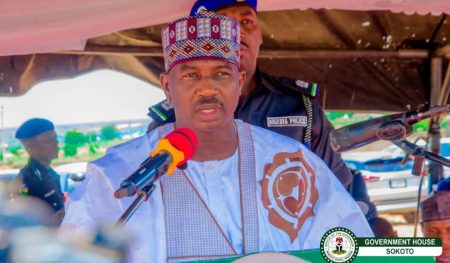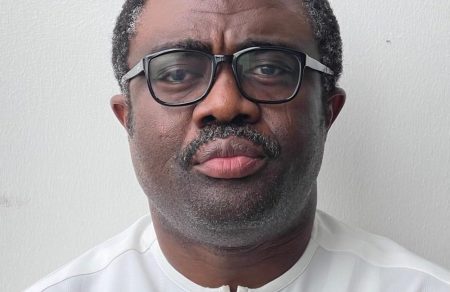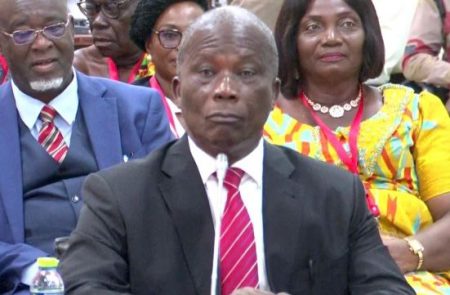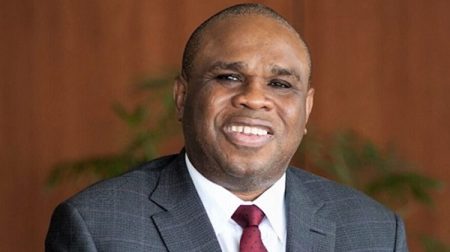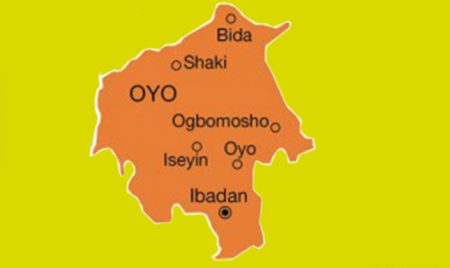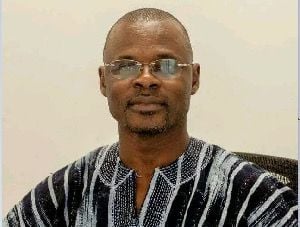Investing in Human Capital: Jigawa State’s Two-Year Educational Transformation
Over the past two years, the Jigawa State Government, under the leadership of Governor Umar Namadi, has embarked on a comprehensive program to revitalize its education sector. This ambitious undertaking, spearheaded by the Ministry of Higher Education, has focused on several key areas, including infrastructure rehabilitation, teacher recruitment and development, and the provision of essential learning materials. The overarching goal is to cultivate a robust and effective educational system that empowers students and fosters sustainable human capital development within the state.
A cornerstone of this initiative has been the restoration of schools damaged by the devastating floods that impacted the region. A total of 587 schools have undergone renovations, ensuring that students have access to safe and conducive learning environments. This investment in physical infrastructure underscores the government’s commitment to creating spaces where students can thrive academically and reach their full potential. The restored schools represent a significant step towards ensuring that education remains accessible to all, regardless of environmental challenges.
Recognizing the critical role of educators in shaping young minds, the Jigawa State Government has also prioritized the recruitment and training of qualified teachers. Over 3,420 teachers have been added to the state’s educational workforce, including 1,100 J-teach educators, 72 degree holders, and 149 first-class graduates. This strategic recruitment drive aims to address teacher shortages and improve the student-teacher ratio, allowing for more individualized attention and enhanced learning outcomes. Furthermore, the redeployment of over 2,200 degree holders from the State Basic Education Board to the Ministry of Higher Education signifies a concerted effort to elevate the overall quality of instruction across the state.
To further enhance the capacity of its teaching force, the Jigawa State Government has implemented a robust professional development program. Teachers have participated in 15 training sessions focusing on core subjects such as English, Mathematics, and Science. This ongoing training equips educators with the latest pedagogical techniques and subject-matter expertise, empowering them to deliver engaging and effective instruction. Furthermore, school heads have also received targeted training to strengthen their leadership skills and optimize the management of teaching and learning within their respective schools. By investing in the professional growth of its educators, Jigawa State is building a cadre of highly skilled and motivated teachers capable of nurturing the next generation of leaders.
Beyond teacher development, the government has taken significant steps to modernize the learning environment. Schools across the state have been equipped with modern teaching aids, including whiteboards and pens, facilitating more interactive and engaging classroom experiences. These resources provide teachers with the tools they need to effectively deliver lessons and cater to diverse learning styles. The provision of modern teaching aids reflects the government’s commitment to creating stimulating learning environments that promote active participation and critical thinking.
Complementing these efforts, the Jigawa State Government has also undertaken the renovation of regional education offices, further demonstrating its commitment to strengthening the administrative infrastructure that supports the education system. These upgraded facilities provide a more efficient and conducive working environment for educational administrators, enabling them to effectively manage and oversee educational programs.
Recognizing the importance of teacher motivation and professional growth, the government has implemented a policy of transferring teachers who have been stationed in the same school for extended periods to new locations. This initiative aims to broaden teachers’ experiences and provide them with fresh perspectives, ultimately enhancing the quality of education they deliver. The conversion of boarding and return schools into workplaces further expands teachers’ opportunities for professional development and growth.
Finally, in a commitment to ensuring the safety and security of students and staff, the Jigawa State Government has undertaken the fencing of approximately 120 schools. This measure provides a physical barrier against unauthorized access, enhancing the security of educational institutions and creating a more secure learning environment.
The comprehensive nature of these educational reforms reflects the Jigawa State Government’s deep commitment to investing in human capital development. By prioritizing infrastructure improvements, teacher recruitment and training, and the provision of essential learning materials, the government is laying a strong foundation for a brighter future for its citizens. These strategic investments are expected to have a profound positive impact on the state’s long-term growth and prosperity.




